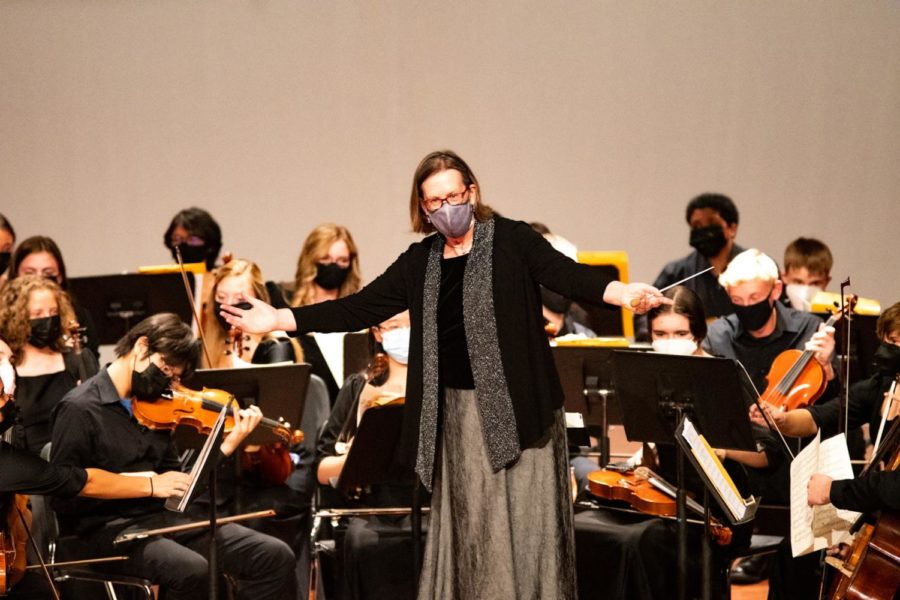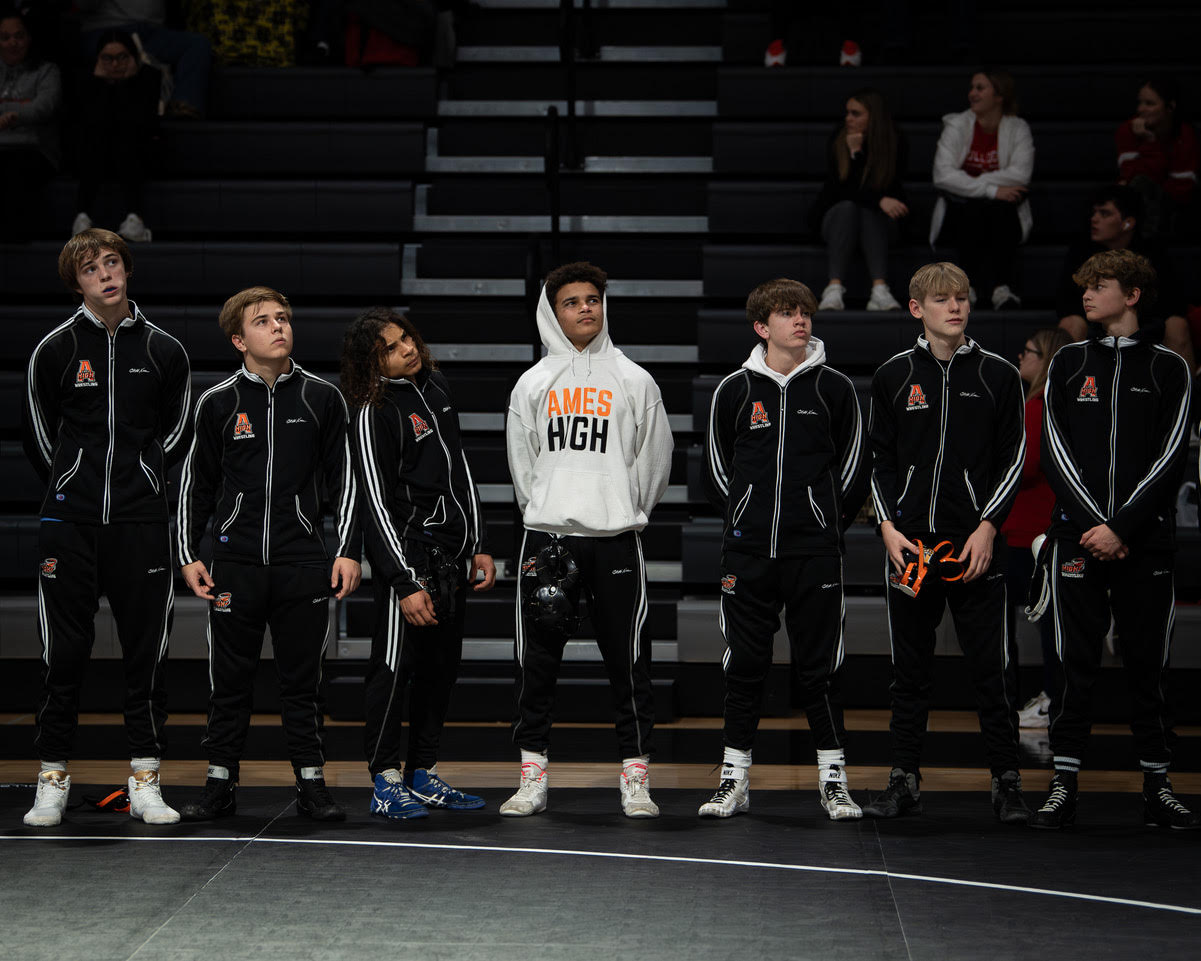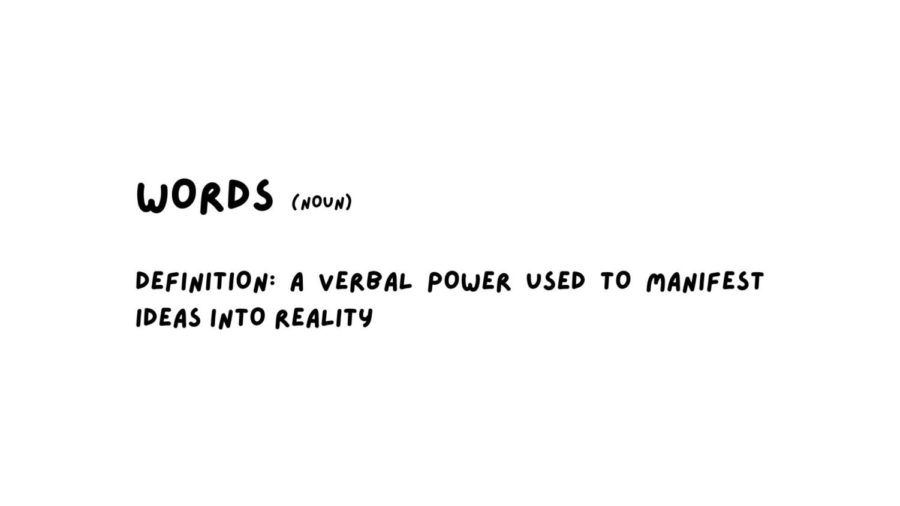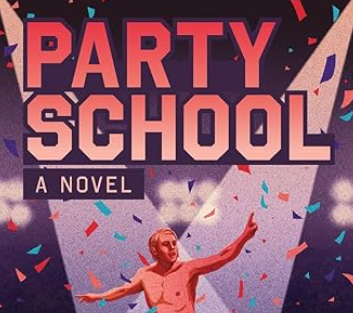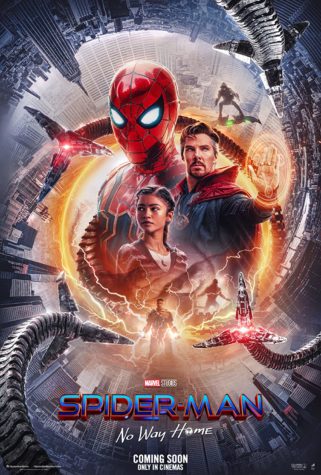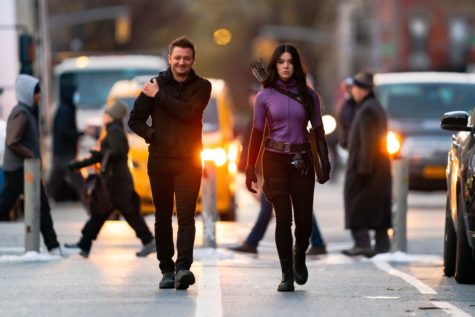Violence in media: a violent problem?
February 12, 2015
I’ve never watched a whole lot of violent tv, due mostly to my parents forbidding it, but lately I’ve been noticing that there’s a lot more violence in the things I watch or read. I was absolutely horrified by the violence in Outlast, a horror video game, but I still watched Markiplier play it all the way through because I needed to know how it ended. I’m also a pretty big fan of Kick-Ass, the “superhero” movie. Even the books I’m reading are more violent than they were two or three years ago.
Is this a problem? I’ve seen a lot of social media posts saying that violent movies don’t make people more violent or aggressive, but actual science seems to disagree entirely.
While watching people be disemboweled may not make people immediately rush out to behead someone, it definitely affects people in a psychological way. Research shows that violent media will make its consumers more aggressive, but that doesn’t immediately translate into physical aggression. For girls, according to ISU Professor Douglas Gentile’s website, the aggression mainly manifests as relation aggressiveness, and boys are more likely to be physically violent.
Moreover, the more violence you witness in today’s media the more used to it you become, and the more you begin to think that violence is okay. Why do I say “today’s society” instead of just society in general?
“There’s nothing inherently wrong with witnessing an act of violence,” says Professor Gentile. “Aristotle advocated showing [violence] in media of his day … to show that it was wrong.” It’s a similar sentiment to the current catharsis hypothesis.
The catharsis hypothesis is that violent TV will let you vent your anger so you’ll less violent afterwards. The problem is, that hypothesis suggests that violence is an intrinsic part of human nature, when it really isn’t. Seeing things more often won’t make you forget them, it helps you remember them, which is why my dad always tells me to review math problems before tests.
So if violence isn’t a thing that humans will always have a need for, why is it that there’s so much shown now?
“[Because] you have to look,” said Professor Gentile, “Try not looking at a car crash. You can’t. You have to look.” As a result of that, movies with violence make more money because you have to watch it as part of your survival instinct. You can’t just ignore a gaping wound, because that’s gonna be important to your species’ survival.
But fear not, those of you who still want to play violent video games. There are a few benefits, mainly reaction time improvement. When trying to survive in a horror video game you have to react quickly and change your focus constantly, because whether or not the main character dies is up to you. However, in movies the plot does not depend on your reaction time. You are just a witness, so it has no benefit whatsoever.
At least not currently.
How Aristotle thought violence in media could be helpful was if violence was shown to be bad.
“But then the bad stuff can only happen to the good guy, because if it happens to the bad guy, that’s justice!” said Professor Gentile. Unfortunately that’s not how violence is shown today. You come out of a movie theater excited about violence, not thinking that violence is bad, because it’s the good guys who are being violent so that’s okay.
So yes. Excessive violence in media is bad, no matter what you might want to think. You aren’t obligated to completely stop watching all violence whatsoever, but at least now you have the facts, and you can make your own decisions about whether or not you will continue to support violence.




